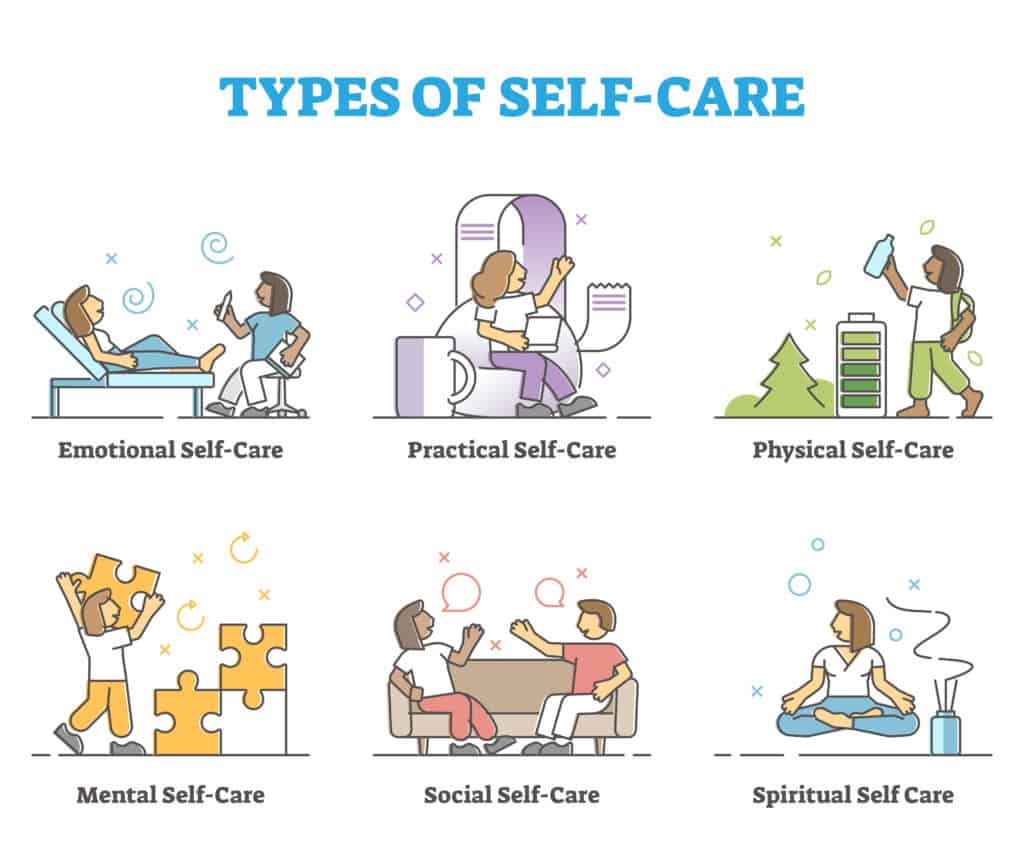Mental Wellness in the Age of COVID

By Susan Nolan
Your doctor said to get a vaccination. Your cousin said it was all a matter of building herd immunity. Your neighbor flies to Florida every other week. Your best friend hasn’t left her house in 22 months. You never leave home without a mask. Your dad can’t seem to remember his. And who knows what germs are being spread on your child’s school bus?
No matter who you are and how vigilant you have been, surely, you thought, the worst of the pandemic would be behind us by now. Instead, we have entered 2022 with hospitals at capacity, long lines at testing centers, mask mandates and the possibility of more closures on the horizon. The disappointment is depressing—literally, depressing.
According to a study conducted by Boston University and published by the Journal of the American Medical Association, the depression rate among adults living in the United States tripled between March 31 and April 15, 2020, when most of America experienced the first lockdown. Tripled. The Centers for Disease Control and Prevention and the American Psychological Association report that depression and anxiety disorders were 25 percent higher between April 2020 and August 2021 than in 2019.
Local mental health providers agree the numbers have remained high. Andrea McDonald-Fingland is director of the Local Behavioral Health Authority in Calvert County, an agency that manages mental health resources. “Depression, anxiety and PTSD have increased dramatically,” she says.
So, what can be done about it? How can we safeguard our mental wellness as we navigate life as the pandemic continues into its third year?
Take care of your body. “When I say ‘self-care,’ I’m including the basics. Get out of bed, shower, dress, eat even if you aren’t going anywhere,” McDonald-Fingland advises. “We know this, but sometimes, we need to be reminded.”
Take breaks from news stories. This includes social media. While it’s good to stay informed, exposure to a 24-hour newsfeed can heighten our anxiety. Deale-based therapist and clinical counselor Amanda Fincher recommends no more than 30 minutes of news per day. “The news you are hearing may be accurate, but even so, it’s repetitive.”
Connect with others. “Human beings need social interaction,” McDonald-Fingland states. She advises us to be open with one another. “COVID is something we all have in common. Expressing how difficult all this has been might be a way to connect with other people.”
Fincher, whose practice specializes in treating adolescents, agrees. “Contact with friends is especially important for teens, but we all need to nurture our social relationships.” She suggests we make social interaction a goal. “Call a friend just to catch up.”
Unwind and relax. Words like “unwinding,” “relaxing” and even “self-care” mean different things depending on whom you ask. “A parent who is home all day with kids is going to have different needs from someone who is quarantined and alone,” McDonald-Fingland warns. Therefore, getting the right amount of social interaction and leisure time varies. Engage in hobbies that interest you and work with your lifestyle.
Simply saying you want or need downtime may not be enough. Fincher suggests setting aside time specifically for fun. “Scheduling a family game night or planning a future activity could be a way to relax,” she says.
Talk with a professional. “If a person thinks they have depression, anxiety or PTSD, they should make an appointment with a therapist, a social worker, a psychologist or even their priest or clergy,” McDonald-Fingland urges. “Some problems won’t go away on their own. You may need therapy or even medication.”
The Calvert County Health Department has a 24-hour Mobile Crisis Team for county residents in need of immediate mental health assistance and mental health clinics located in Prince Frederick, Chesapeake Beach, Barstow and Lusby. Reach them by calling 877-467-5628.
In Anne Arundel County, the Crisis Response System known as the Community Warmline provides support, referrals, and information and access to emergency services as needed. Their 24-hour phone number is 410-768-5522.
